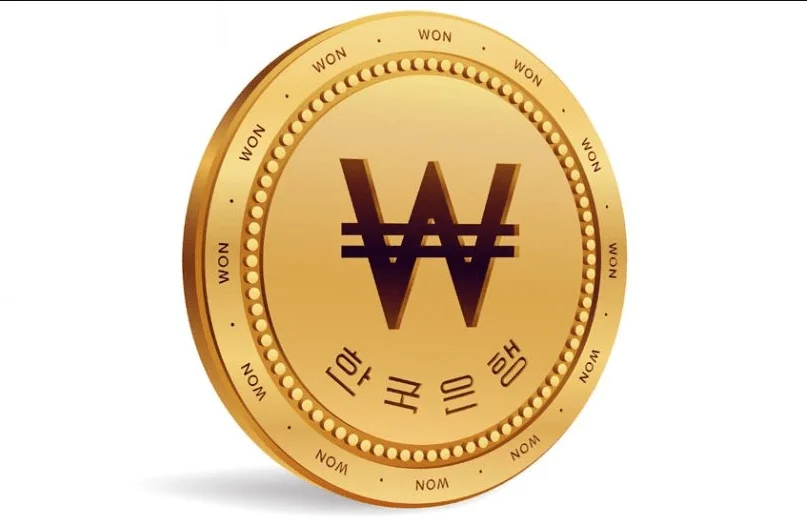The Bank of Korea has selected Kakao’s blockchain arm to conduct digital won trials.

Additionally, ConsenSys, a major Ethereum software startup, will contribute its technology to CBDC simulations in South Korea, which will be conducted by Ground X.
In order to support its digital currency experiments, the South Korean central bank has selected a blockchain subsidiary of local internet behemoth Kakao as the technology supplier.
As reported by local news source Korea JoongAng Daily on Tuesday, Kakao’s Ground X has won the Bank of Korea’s central bank digital currency (CBDC) procurement, making it the primary technology supplier for blockchain-based digital won simulations.
It was revealed by the South Korean central bank that Ground X will join in the CBDC initiative in collaboration with the blockchain business ConsenSys, based in the United States, along with other Kakao affiliates, such as KakaoBank and Kakao Pay.
ConsenSys, a company that specialises in Ethereum blockchain infrastructure and decentralised applications, has announced that it will contribute to the CBDC project by implementing in-house solutions such as ConsenSys Quorum and ConsenSys Codefi.
Today, the Bank of Korea chose GroundX for their digital currency project.
As the tech partner of GroundX, the blockchain subsidiary of Kakao, we are thrilled to get to work using our leading CBDC tech stack of @ConsenSysQuorum and @ConsenSysCodefi https://t.co/4hQohMRJj3
— ConsenSys (@Consensys) July 20, 2021The Bank of Korea has started a bidding process for companies interested in performing a CBDC simulation exercise using blockchain technology. According to the Korea JoongAng Daily, the first tests are expected to begin as soon as the end of this month.
Ground X, which was founded by Kakao in 2018 and operates its own blockchain platform called Klaytn, is well-known in the cryptocurrency community. ConsenSys has already begun working with Ground X on the development of a private platform for the issuance of a South Korean CBDC, which is now under development.
Using distributed ledger technology, the initiative aims to put the CBDC to the test in a virtual simulation environment based on distributed ledger technology, with the goal of exploring potential use cases related to CBDC issuance, redemption, electronic payments, and settlement, as well as potential integrations related to the purchase of digital artwork and copyrights.
To begin testing the distribution of a digital won in February 2021, the central bank initially revealed the country’s plans to do so in February 2021.
